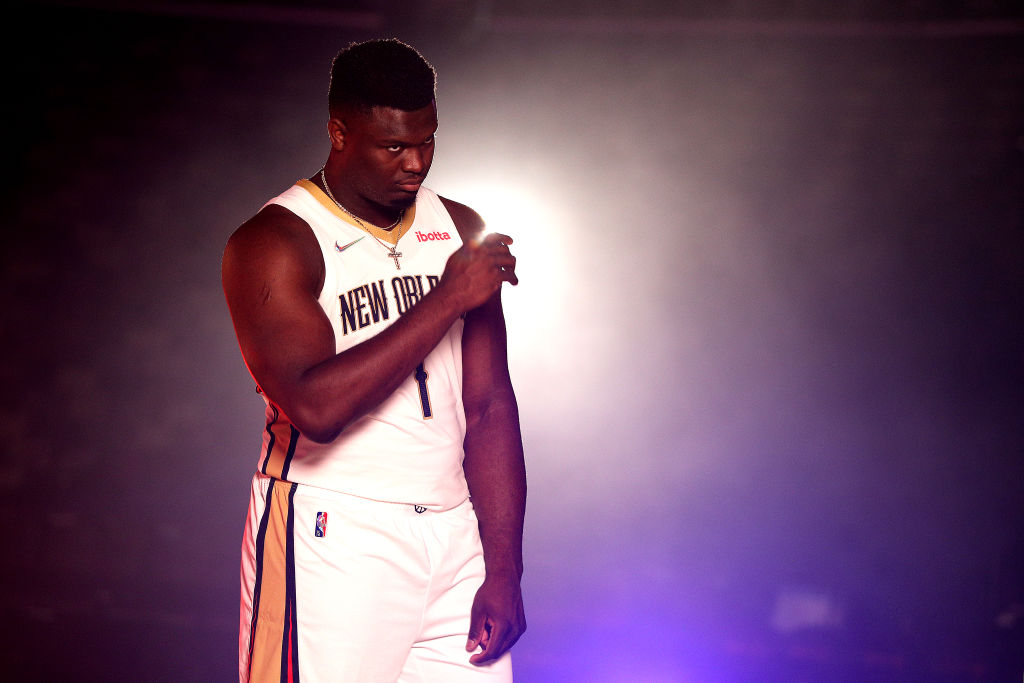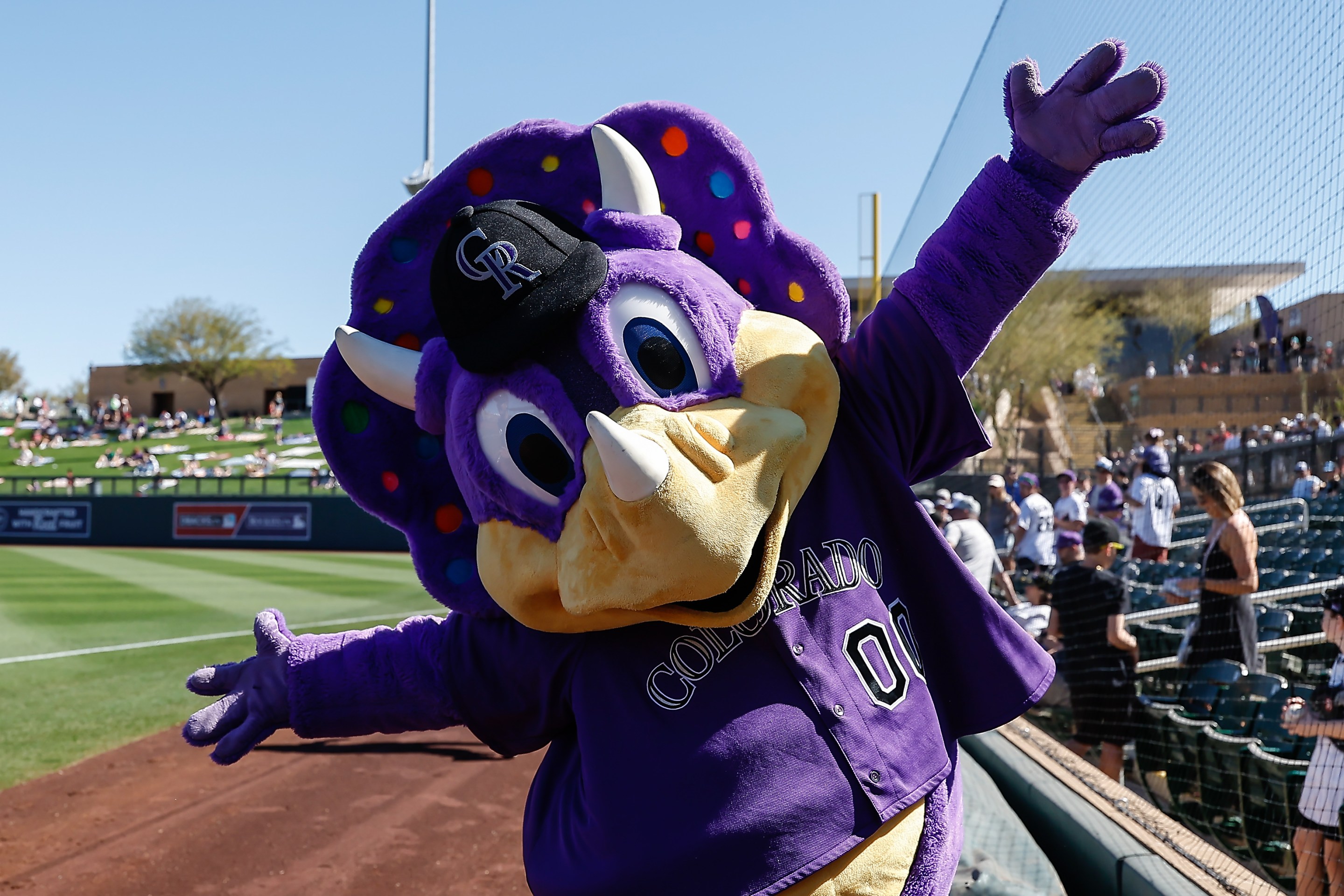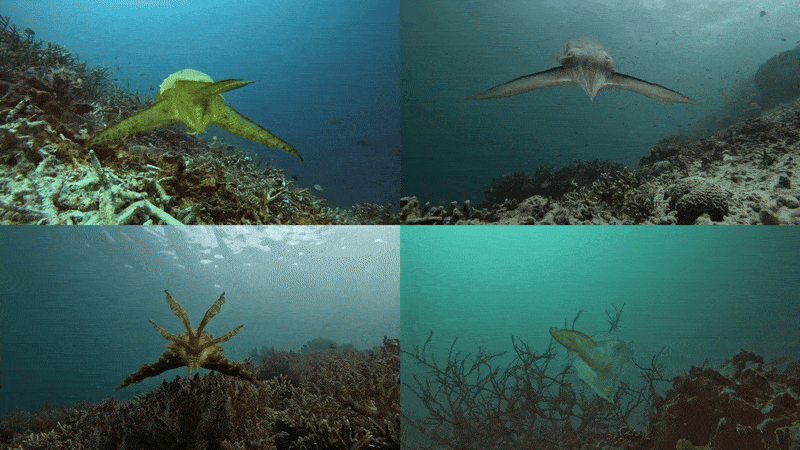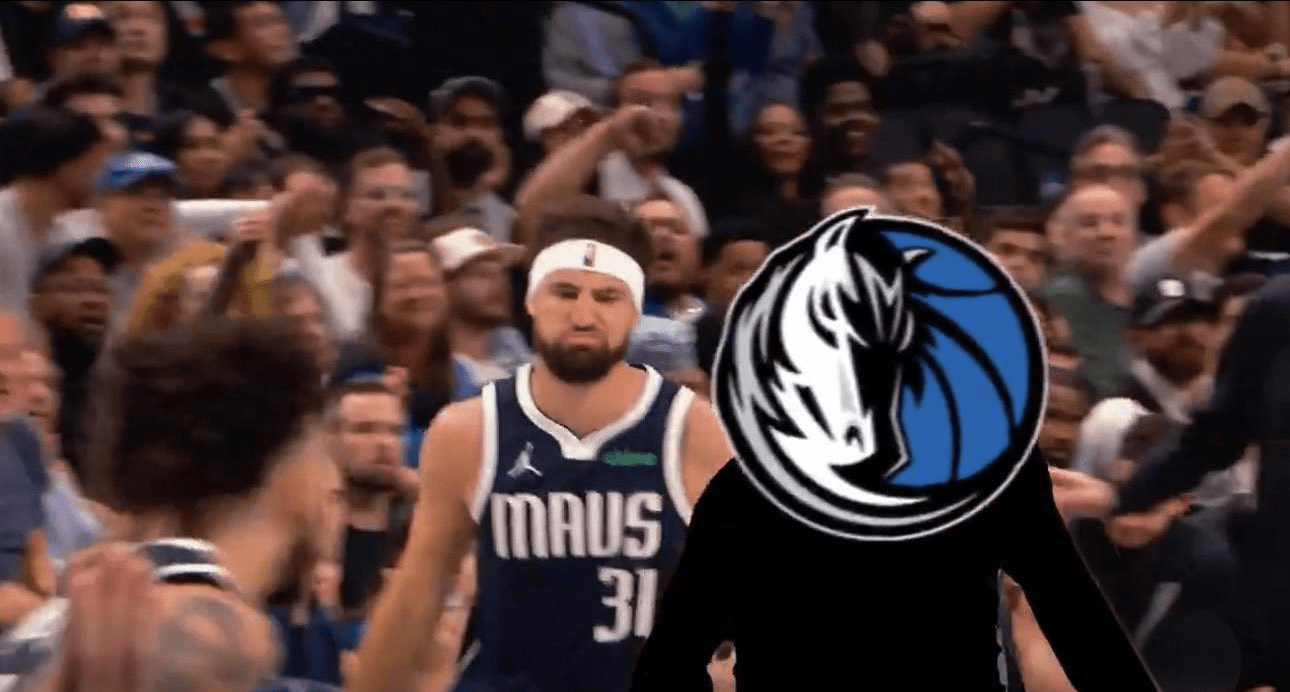No matter how entertaining the NBA was this year, it was, for me, steadily haunted by one question: wherefore Zion Williamson? In the 2020-21 season, his contribution to the league was non-stop rim attacks, preposterous touch around the basket, and the invention of the thickest point guard in history. This season it was endless delays of his return from foot surgery, photo analysis of his potential weight gain, and unceremonious dunking on a bouncy floor. Now that it's clear what he could be, it's difficult to stomach an NBA without him. The prospect of Zion became all the more tantalizing when his Pelicans came to life during the play-in tournament, proving that their defensive-freak rookies, a freshly acquired C.J. McCollum, and an evolving Brandon Ingram could make some noise. Could he be the keystone of that team?
The catch was that Williamson always appeared unhappy with the Pelicans franchise. He communicated poorly about his injuries, did not bother to greet his team's incoming new star, remained "literally and figuratively" distant from the team, and it seemed possible, if not all that likely, that he would be the first player ever to turn down a max-salary, five-year rookie scale extension this summer. Would he leave millions on the table and accept a more modest heap of generational wealth just to escape New Orleans? Turns out the answer is no, according to Shams Charania on Friday:
New Orleans Pelicans star Zion Williamson is nearing a five-year rookie max contract extension worth up to $231 million, sources tell @TheAthletic @Stadium. The commitment will take Williamson’s new deal through the 2027-28 season.
— Shams Charania (@ShamsCharania) July 1, 2022
Charania also indicated that the deal would have protections for the Pelicans, likely factoring in his rough injury history. That phrasing of "up to $231 million" suggests that Williamson might have Rose Rule incentives that could bump up his salary in the 2023-24 season and beyond if he makes an All-NBA team this coming year. The few visions we've gotten at a healthy Zion Williamson indicate that he's capable of that level of dominance. And the deal indicates that the Pelicans, for at least the immediate future, have something just as precious as health: his buy-in.





